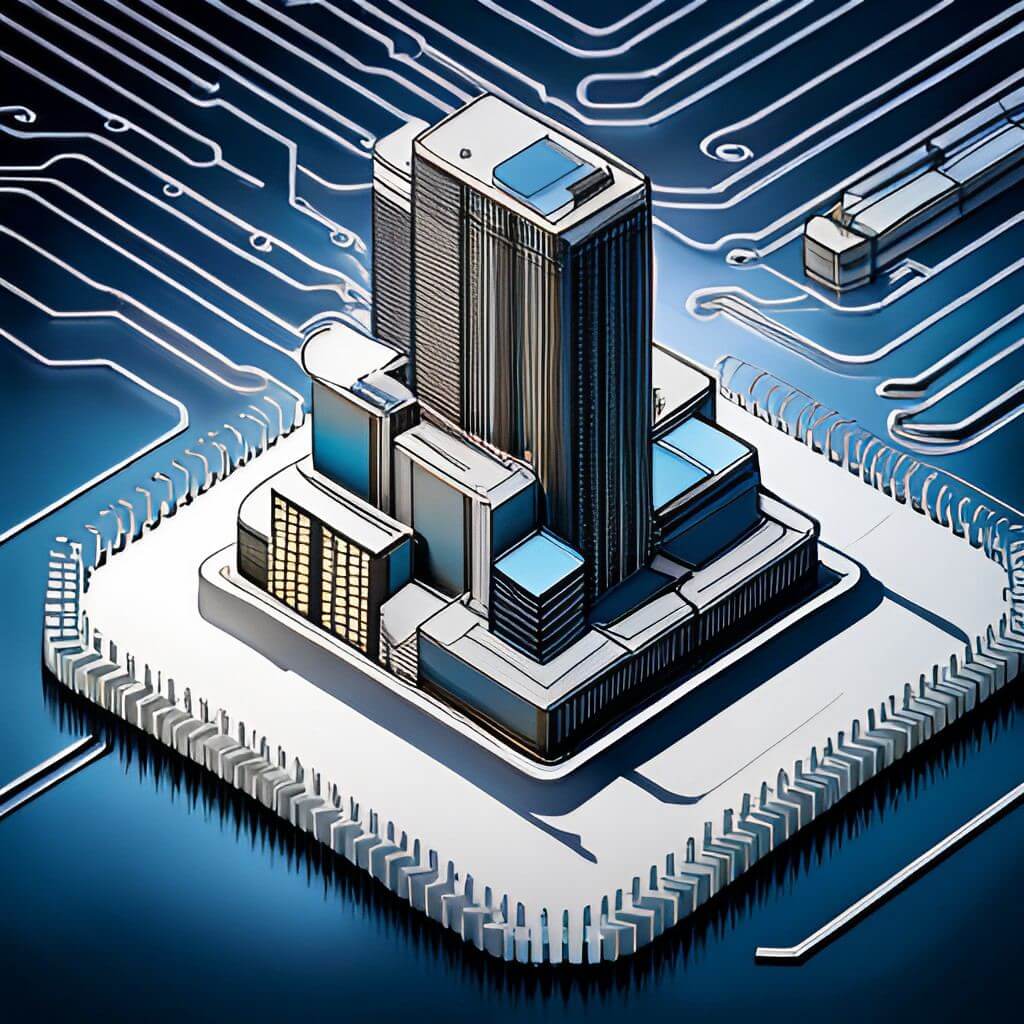In a strategic move aimed at furthering the integration of artificial intelligence (AI) into everyday devices, Intel Corporation is set to broaden the horizons of its Meteor Lake AI chip, introducing a rugged version tailored for deployment in billions of Internet of Things (IoT) devices.
The announcement comes hot on the heels of CEO Pat Gelsinger’s recent revelation of the Intel Core Ultra, the product name for Meteor Lake, scheduled for release on December 14 with its debut appearance in an Acer Swift laptop. While the incorporation of Meteor Lake into PCs was anticipated, Intel has now unveiled plans to extend its reach to the edge, catering to various consumer, retail, and industrial applications where AI capabilities can play a pivotal role.
Expanding Meteor Lake AI chip to edge devices
Intel’s meteoric foray into the world of AI has seen the company unveil its Meteor Lake chip for PCs, bearing the name Intel Core Ultra, which is poised to hit the market on December 14. This marks a significant step in Intel’s AI journey, as it signifies the expansion of Meteor Lake’s capabilities beyond traditional PCs. The chip incorporates a neural processing unit (NPU) alongside its GPU and CPU, endowing it with formidable AI capabilities.
Sachin Katti, senior vice president and general manager of Intel’s network and edge group, shared insights during an interview at Intel Innovation. He confirmed Intel’s ambitious plans to leverage the Meteor Lake chip in edge devices, including “Nook and mini computers,” and this transformation is slated to occur as early as next year. Katti emphasized the adaptability of these chips to the demanding requirements of the factory floor, where they will be rigorously engineered to endure high temperatures and vibrations. Intel envisions offering the rugged Meteor Lake chip at a “significantly better total cost of ownership” (TCO) compared to procuring a discrete CPU from a competitor, catering to both general-purpose uses and AI.
The deployment of Meteor Lake in an assembly line setting, coupled with AI capabilities, presents an ideal solution for identifying machinery defects in real-time. Katti noted that this industrial AI processor aligns well with the resurgence of manufacturing activities in the United States, where AI can mitigate concerns over labor shortages. The cost-efficiency and precision of Meteor Lake equipped with AI holds great promise for industries like retail, manufacturing, and healthcare, where logistics and automation are already revolutionizing operational paradigms.
In Katti’s perspective, widespread automation empowered by edge devices equipped with AI capabilities is inevitable and will usher in significant transformations across various sectors. But, this transition also raises pertinent questions regarding the implications for society at large. While automation driven by AI chips has the potential to replace certain jobs, it also necessitates thoughtful, long-term decisions by governments and businesses alike. Katti acknowledged that many companies are still in the nascent stages of contemplating the ramifications of this transformative shift.
Intel’s vision for AI evolution and societal impact
As AI continues to evolve at an astonishing pace, Intel recognizes the urgency for business leaders to grapple with the decisions and challenges it brings. The rapid pace of change in the AI landscape presents both opportunities and complexities that demand proactive preparation. For Intel, it’s about providing the technology and playing a pivotal role in the ongoing disruption that AI instigates.
Ultimately, as AI becomes more integrated into society, the focus shifts towards enhancing human productivity and managing the surplus time that automation affords. It’s a shared endeavor involving not only businesses but also governments and the broader ecosystem of application vendors and customers.
The integration of AI into various aspects of society is ushering in a new era of automation. As industries adopt edge devices equipped with AI capabilities, the automation process is expected to replace certain jobs, prompting society to grapple with the challenge of surplus time. In this context, governments and businesses are faced with the crucial task of devising strategies to keep people productive and engaged. While AI’s rapid evolution presents a multitude of opportunities, it also necessitates thoughtful, long-term decisions on how to leverage its potential for the benefit of society.
The world of AI is evolving at an unprecedented rate, and businesses must adapt to stay competitive. Intel acknowledges the challenge of keeping pace with this rapid transformation and underscores the importance of business leaders being proactive in their approach. The accelerating pace of change in the AI landscape demands thoughtful consideration and preparation to harness its full potential and navigate its complexities effectively.




